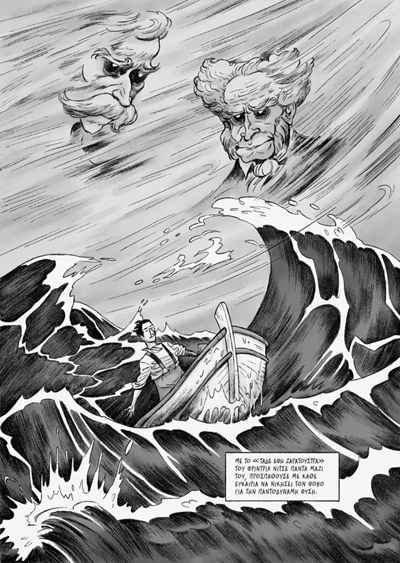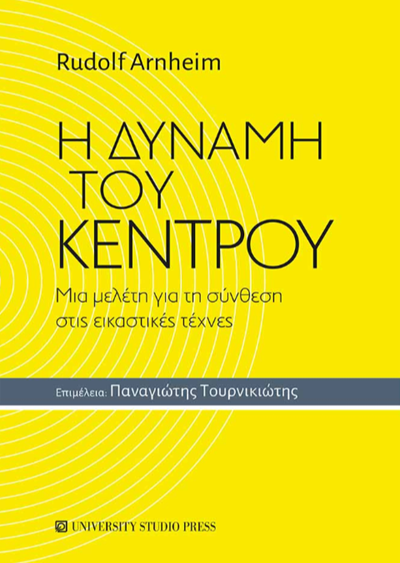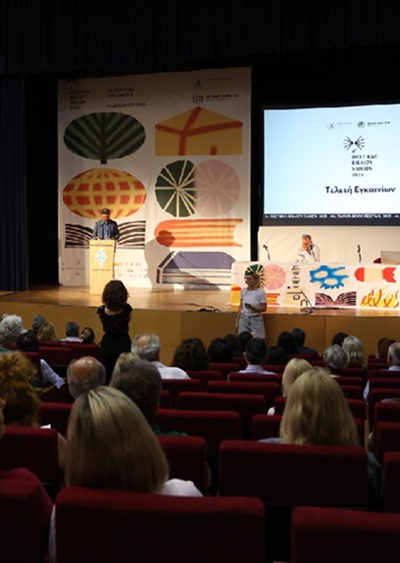
Title: In the Margins: On the pleasures of Reading and Writing
Author: Elena Ferrante (translated in Greek by Dimitra Dotsi)
Year: 2024
Publishing House: Patakis Publications
Subject: Essay
Pages: 144
Elena Ferrante is without a doubt the most famous writer in modern Italy and at the same time an enigmatic person who almost never gives interviews and keeps her true identity out of the limelight. In our country, Elena Ferrante became popular mainly through her “The Neapolitan Quartet“, where she unfolded with all her talent an idiosyncratic, interior and witty way of female storytelling. This was preceded by the publication of her works such as The Lost Daughter (2006), whose mystery and fluid sense of time, between the present, the past and the hereafter, inspired Maggie Gyllenhaal’s 2021 film of the same name, starring the breathtaking Olivia Coleman.
In her newly published collection of literary essays, Elena Ferrante confesses her own adventure in the world of writing, starting from her school notebooks, and progressing to her young novels and the crystallization of her gaze that characterizes the work of her maturity. Like her beloved Samuel Beckett, Ferrante maintains the form and archetypal wisdom of literary genres, striving to refresh content and empower the female literary gaze.
Although the issues dealt with by Elena Ferrante are complex, the Greek translation by Dimitra Dotsi conveys them to the readers in an understandable way, with a flowing writing that intrigues the reader about the great poets who inspired the Italian author, poets such as Dickinson, Dante and personalities such as Gertrude Stein and Virginia Woolf. Finally, the relationship between the subject and the act of writing is revealed in all its glory through characteristic excerpts such as the following:







Leave A Comment